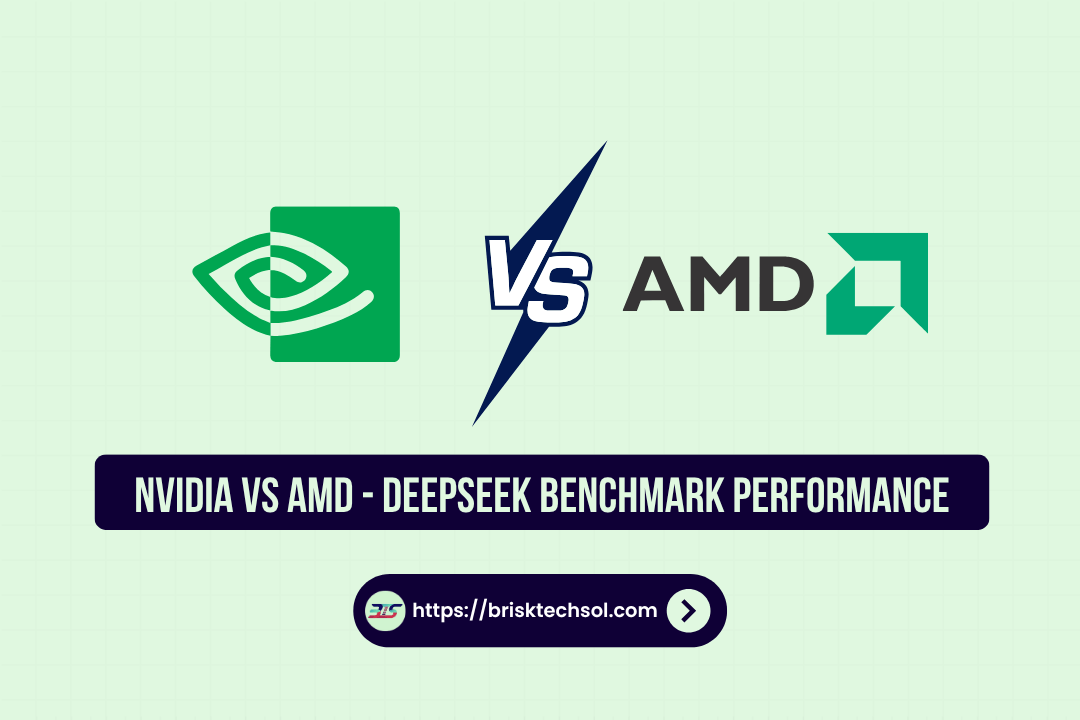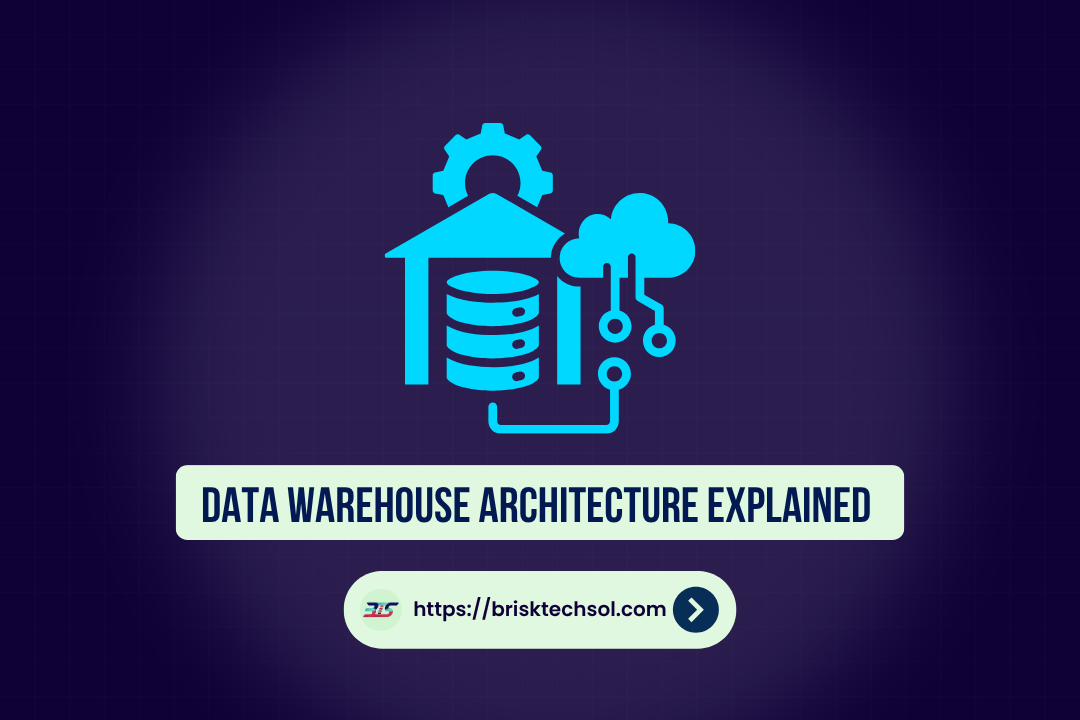In today’s competitive tech world, understanding “Which Pays More: Data Scientist or Data Analyst?” is crucial for aspiring professionals. This comprehensive guide dives into salary comparisons, career growth opportunities, and essential skills. By exploring detailed statistics and industry trends, you’ll discover whether a career in data science or data analytics better aligns with your financial and professional goals.
Overview of Data Science and Data Analytics
The fields of data science and data analytics have emerged as pivotal in today’s data-driven world. Data Scientists are experts in machine learning, predictive modeling, and advanced statistical techniques. They are responsible for developing algorithms, building models, and extracting insights from complex data sets. In contrast, Data Analysts focus on collecting, processing, and visualizing data to help organizations make informed decisions. They excel in data cleaning, using tools like SQL, Excel, and Tableau, and creating reports that simplify decision-making.
Both roles require a strong foundation in statistics and programming. Data Scientists often work with advanced programming languages such as Python and R, integrating complex algorithms to predict future trends. Meanwhile, Data Analysts primarily focus on ensuring that data is accurate and effectively communicated through dashboards and visualizations.
Understanding the nuanced differences between these roles is essential. While both are integral to modern business operations, the strategic and technical differences determine not only daily tasks but also long-term career trajectories. Ultimately, choosing between these career paths depends on one’s passion for innovation versus a preference for structured data interpretation. In the evolving job market, the interplay between advanced analytics and business intelligence is creating exciting opportunities for both Data Scientists and Data Analysts.
Salary Comparison: Which Pays More?
A key question for anyone entering the tech field is: “Which Pays More: Data Scientist or Data Analyst?” The answer isn’t always straightforward, as salary levels vary widely based on several factors. However, industry reports consistently show that Data Scientists tend to earn higher salaries than Data Analysts. This difference is primarily driven by the advanced technical skills required for data science, including expertise in machine learning, deep learning, and complex statistical analysis.
Average Salary Insights:
Based on recent surveys, the average salary for a Data Scientist in the United States can range from approximately $110,000 to $130,000 per year, whereas Data Analysts typically earn between $70,000 and $90,000 annually. These figures can fluctuate depending on factors such as geographical location, industry, and the candidate’s level of experience and education.
Compensation Packages:
Apart from base salaries, many companies offer additional benefits that can make the overall compensation package more attractive. For Data Scientists, stock options, performance bonuses, and profit-sharing arrangements are common, reflecting the high value placed on advanced analytics skills. Data Analysts, while also enjoying competitive benefits, might receive more standardized bonus structures and health benefits.
Influencing Factors:
Several key factors affect these salary ranges:
- Education and Certifications: Advanced degrees (Master’s or Ph.D.) and specialized certifications in data science or analytics can significantly boost earning potential.
- Experience Level: Entry-level roles might show less dramatic differences, but as professionals gain experience and take on leadership roles, the salary gap widens.
- Location: Major tech hubs such as San Francisco, New York, and Seattle typically offer higher salaries compared to other regions, reflecting the cost of living and demand for talent.
- Industry Sector: Financial services, technology, and healthcare sectors often pay a premium for data science expertise due to the complexity and regulatory requirements of their data.
Regional Variations:
It’s also important to note that salaries can differ markedly based on geographic regions. For instance, while a Data Scientist in Silicon Valley might earn a significantly higher salary compared to one in a smaller city, the same trend applies for Data Analysts. Additionally, emerging markets and international roles can offer competitive compensation packages as companies worldwide continue to invest in data-driven decision making.
Quick Comparison Table:
| Role | Average Salary (USD) | Bonus & Benefits |
|---|---|---|
| Data Scientist | $120,000 | Stock options, bonus |
| Data Analyst | $80,000 | Health benefits, bonus |
Interpreting the Numbers:
While these figures provide a useful benchmark, potential candidates should consider not only the base salary but also the overall career trajectory. Data Scientists often have a steeper learning curve, but this challenge comes with higher financial rewards and more opportunities for creative problem solving. Data Analysts, on the other hand, might enjoy a more predictable career progression with clear role expectations and consistent demand across various industries.
Ultimately, the decision on which path to choose should be influenced by both personal aptitude and professional goals. If you are passionate about cutting-edge technology and are eager to dive into advanced analytics, the role of a Data Scientist may be more lucrative and fulfilling. Conversely, if you prefer a role that focuses on translating data into actionable business insights with a lower barrier to entry, then becoming a Data Analyst might be the ideal choice.
Career Growth and Opportunities
The career trajectories of Data Scientists and Data Analysts offer distinct opportunities for growth. As businesses increasingly rely on data to drive strategy, the demand for professionals who can interpret and leverage complex data sets continues to soar.
Job Market Trends:
Data science and analytics are among the fastest-growing fields in the tech industry. According to recent labor market analyses, the demand for Data Scientists is projected to grow by over 28% in the next decade, while Data Analysts also enjoy robust growth, albeit at a slightly lower rate. This surge in demand is driven by the rapid adoption of artificial intelligence, machine learning, and big data technologies across multiple industries.
Advancement Prospects:
For Data Scientists, career advancement often involves moving into specialized roles such as machine learning engineer, data architect, or even chief data officer. These positions not only come with higher salaries but also offer the opportunity to lead teams and influence strategic decisions at the executive level. Meanwhile, Data Analysts can advance to senior analyst roles, business intelligence management, or analytics consultancy positions. Both paths offer clear trajectories, but Data Scientists tend to encounter more diverse opportunities given the technical complexity and strategic impact of their work.
Continuous Learning & Skills Development:
In an ever-evolving field, staying current with the latest technologies is crucial. Data Scientists must continuously update their skills in programming languages (like Python and R), learn about deep learning frameworks (such as TensorFlow and PyTorch), and master data visualization tools. Data Analysts, while focusing more on data reporting and business intelligence, benefit from enhanced skills in data visualization software, SQL, and advanced Excel techniques. Many professionals also pursue certifications—such as those from Coursera, edX, or industry-recognized bodies—to keep their skills sharp and remain competitive in the job market.
Opportunities Across Industries:
Both roles are in demand across various sectors. In finance, healthcare, retail, and technology, professionals who can harness the power of data are indispensable. The diverse opportunities available ensure that whether you choose to become a Data Scientist or Data Analyst, your skills will be valued and rewarded.
Conclusion on Growth:
Ultimately, the choice between a Data Scientist and a Data Analyst career should be driven by personal interests and long-term career aspirations. If you thrive in an environment that values innovation and complex problem-solving, data science may offer unparalleled growth opportunities. Alternatively, if you are drawn to a role with more structured responsibilities and immediate business impact, a career in data analysis might be your best fit.
Pros and Cons of Each Role
Choosing between a Data Scientist and a Data Analyst requires weighing the unique advantages and challenges of each role. Understanding these can help you determine which career aligns best with your skills, aspirations, and lifestyle.
Pros of Being a Data Scientist:
- Higher Earning Potential: As discussed, Data Scientists generally earn significantly more due to the advanced technical and analytical skills required.
- Innovation and Creativity: Data Scientists often work on cutting-edge projects involving artificial intelligence and machine learning, providing opportunities to innovate and solve complex problems.
- Strategic Impact: The role frequently involves influencing high-level decision making and shaping company strategy.
Cons of Being a Data Scientist:
- Steep Learning Curve: Mastering advanced algorithms, coding languages, and data frameworks can be challenging, especially for beginners.
- High Pressure: With increased responsibility comes high expectations, which can result in more stressful work environments.
- Rapidly Evolving Field: Continuous learning is mandatory, and keeping pace with technological advancements can be demanding.
Pros of Being a Data Analyst:
- Accessible Entry Point: The role typically requires less technical depth compared to data science, making it an excellent starting point for many entering the data field.
- Clear Role Definition: Data Analysts enjoy a well-defined set of responsibilities focused on data cleaning, visualization, and reporting.
- Consistent Demand: Virtually every industry relies on data analysts, ensuring steady job opportunities and career stability.
Cons of Being a Data Analyst:
- Lower Salary Ceiling: Although the field is growing, the average compensation tends to be lower than that of Data Scientists.
- Limited Scope for Innovation: The role can sometimes be more routine, with less opportunity for engaging in advanced predictive modeling.
- Potential for Career Plateaus: Without further specialization or additional training, career growth might be slower compared to roles in data science.
Balancing the Scales:
When evaluating the pros and cons, consider your personal interests, technical aptitude, and career ambitions. For those who thrive on solving complex problems and enjoy working with sophisticated algorithms, the challenges of data science may be worth the higher earning potential. In contrast, if you prefer a role that offers stability, clear responsibilities, and consistent demand, a career as a Data Analyst might be more suitable.
Both career paths have their merits, and the best choice ultimately depends on aligning your professional goals with the realities of each role. Whether you are driven by the potential for high earnings or by a passion for making data accessible and actionable, there is ample opportunity in the ever-expanding world of data.
How to Choose the Right Career Path
Deciding between a career as a Data Scientist or Data Analyst involves a careful self-assessment of your skills, interests, and long-term professional objectives. Here are some practical steps to help guide your decision.
Self-Assessment and Personal Goals:
Begin by evaluating your strengths and interests. Are you more inclined toward creative problem-solving and building predictive models? If so, data science might be the right fit. Alternatively, if you excel at organizing data, producing clear visualizations, and supporting business decisions, a career in data analysis could be ideal. Reflect on your comfort with technical challenges and the level of continuous learning you are prepared to embrace.
Educational Resources and Certifications:
Both career paths benefit from formal education and specialized certifications. Data Scientists often pursue advanced degrees in computer science, statistics, or data analytics, along with certifications in machine learning and AI. Data Analysts may start with a bachelor’s degree in a related field and enhance their credentials with courses in SQL, Tableau, and business analytics. Consider online platforms, bootcamps, and professional organizations that offer training and networking opportunities. Investing in these resources can significantly improve your marketability and salary potential.
Expert Advice and Industry Insights:
Seek advice from professionals in the field through networking events, informational interviews, or industry forums. Pay attention to job postings and industry reports that provide insights into the evolving roles. Understanding real-world experiences and challenges can help you decide which career path offers a better work-life balance and growth potential. Utilize online communities and mentorship programs to gain perspective on how others have navigated their career choices in the data field.
Making the Decision:
Ultimately, choose the path that aligns with both your immediate interests and your long-term career vision. Whether you are aiming for a high-paying, innovation-driven role as a Data Scientist or a stable, impactful position as a Data Analyst, consider both your technical skills and personal aspirations. Analyze the current job market trends, required educational investments, and potential career trajectories. With the right balance of self-assessment, continuous learning, and industry insights, you can make an informed decision that paves the way for a rewarding career in data.
FAQ’S
What is the average salary difference between Data Scientists and Data Analysts?
Typically, Data Scientists earn around 30–40% more than Data Analysts due to the advanced technical expertise required.
Which factors most influence salary differences in these roles?
Key factors include education, certifications, experience, geographic location, and the specific industry sector.
How do career growth and advancement prospects differ between the two roles?
Data Scientists generally experience faster career growth and broader advancement opportunities, while Data Analysts benefit from consistent demand and well-defined responsibilities.
What certifications or skills can boost my earning potential in data careers?
Advanced degrees and certifications in machine learning, data science, or business analytics can significantly enhance salary prospects.
Which role should I choose if I have limited technical expertise?
If you prefer a role with structured responsibilities and a lower technical barrier, a Data Analyst position may be a better fit.









